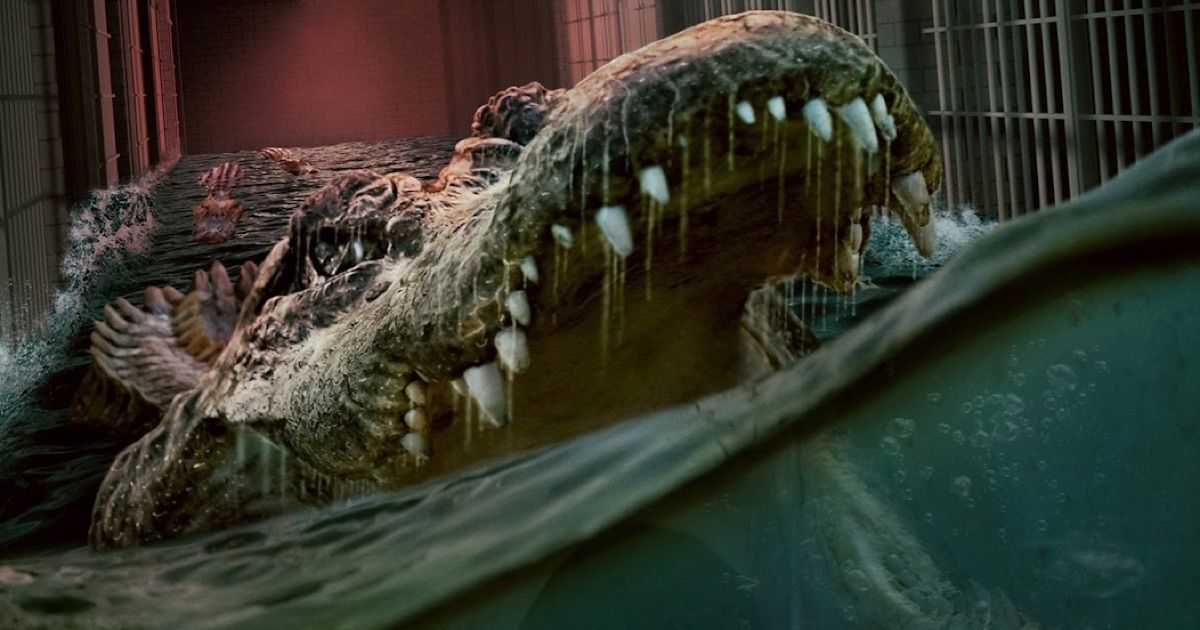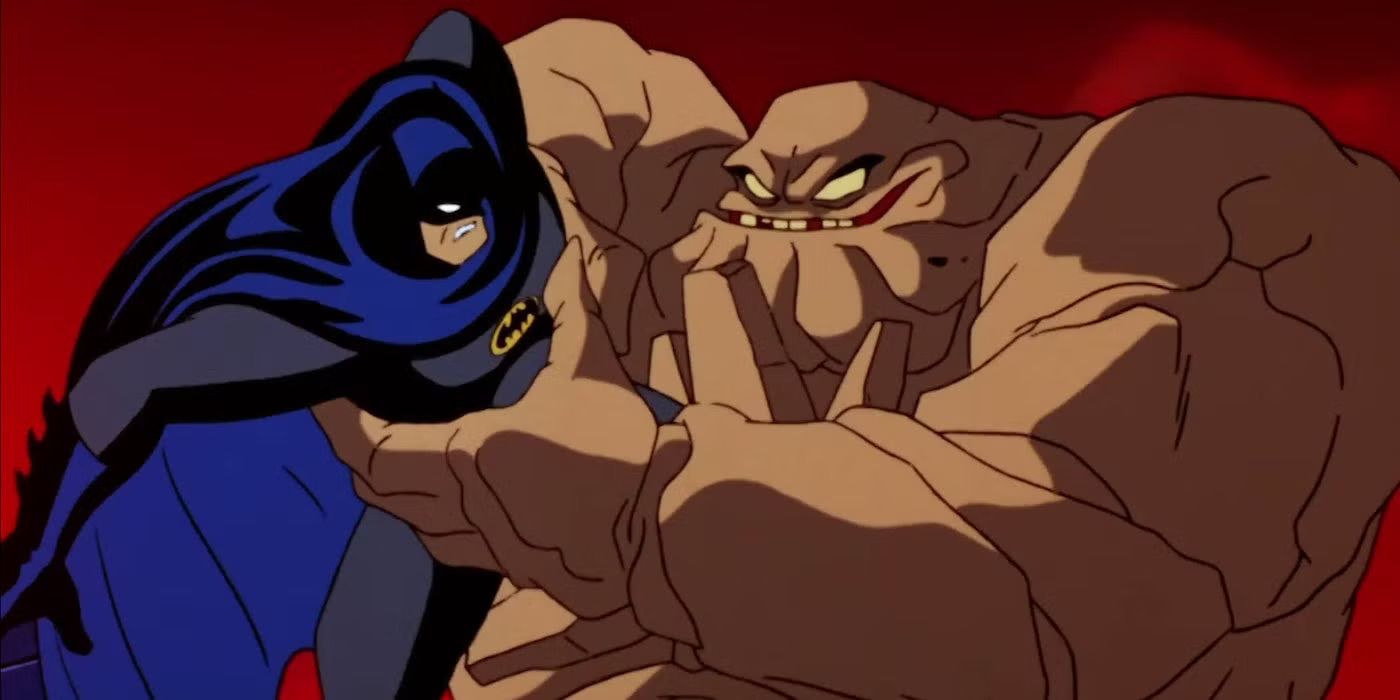As with Ducournau’s feature debut “Raw,” “Titane” is fascinated by the body’s vulnerabilities and urges, its ravenous processes, and how the collective “we” attempt to deal with all of this, either by gorging ourselves or, conversely, by sublimating the need into other things. Neither process is pleasant and/or socially acceptable. You can’t control the inherently uncontrollable. “Titane,” this year’s Palme d’Or winner at the Cannes Film Festival, is an extreme movie, violent and pitiless and funny, but the space it provides for not just tenderness but contemplation makes it an “extremely” thought-provoking film as well.
Whatever is “wrong” with Alexia, and there is plenty wrong, pre-dates the accident that cracked her skull. She is first seen, a dead-eyed “bad seed”-type child (played by Adèle Guigue), glowering at her dad as she makes engine-revving noises in concert with the moving vehicle. It’s hard to avoid the idea that she wants the car to crash, or at least wills the crash into being. Emerging from the hospital, stapled-together scar swirling around her half-shaved head, she throws her arms around the car, kissing the window. A rapturous reunion. Cut to years later: Alexia (now played by Agathe Rousselle), head still half-shaved, makes a living stripping at car shows. She is a solitary and forbidding figure, even more so when she suddenly murders an aggressive fanboy who follows her to her car. Later that night, she crawls into a flame-painted gas-guzzling Cadillac for another rapturous reunion, only this time it’s sexual. The car sex results in a pregnancy and titanium-plated Alexia stares in terror as her belly bulges out, her breasts leak motor oil, and black oil pours out of her vagina in the shower. Her body is now on a journey that doesn’t include her.
Meanwhile, though, the bodies pile up. Alexia is a relentless murderess. These murders are gruesome in the extreme. After leaving a witness at a murder spree, she is forced to go on the run. When she sees a computer-generated image of what a famous missing child named Adrien would look like today, Alexia gets a brilliant idea. Without hesitating, she breaks her own nose, binds her breasts and pregnant belly, and goes to a police station, presenting herself as the long-lost Adrien. This is such a perverse and funny plot twist, and it signals the second half of the film, very different in feel from the first. Adrien’s father Vincent (an excellent Vincent Lindon) is a muscle-bound fire chief who dissolves into tears when he sees his son. Alone at night, he shoots himself up with steroids, jabbing the needle into his bruised ass, his body a veiny tortured façade of now-failing impenetrability.
You can view the original article HERE.





























